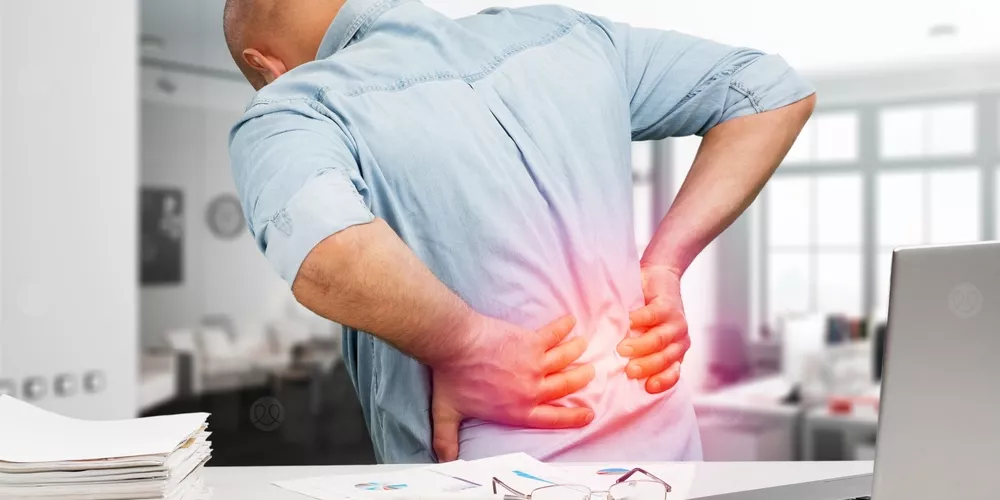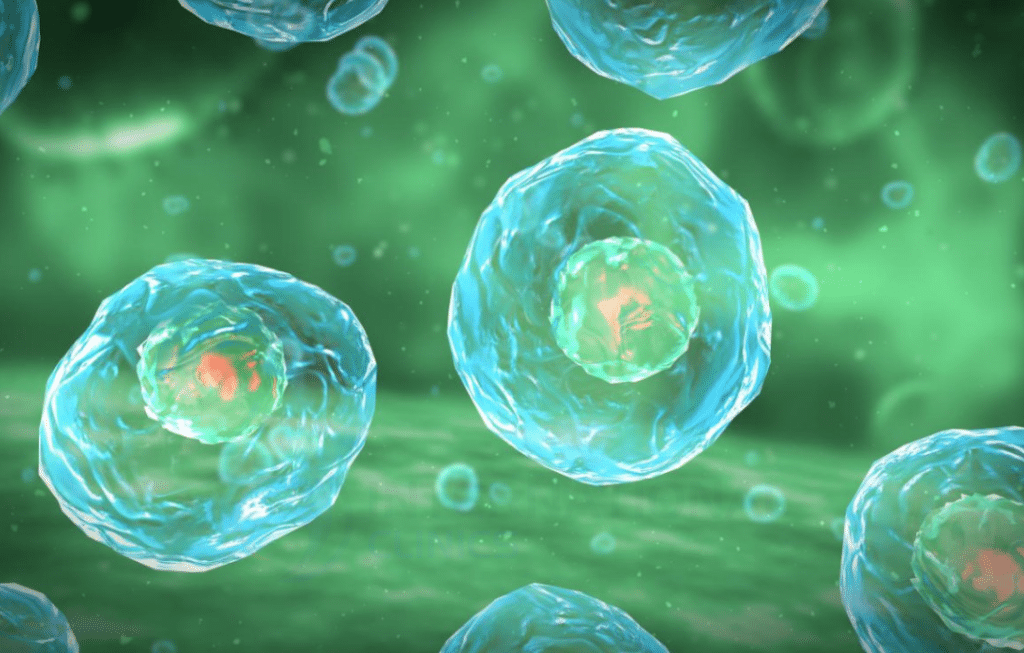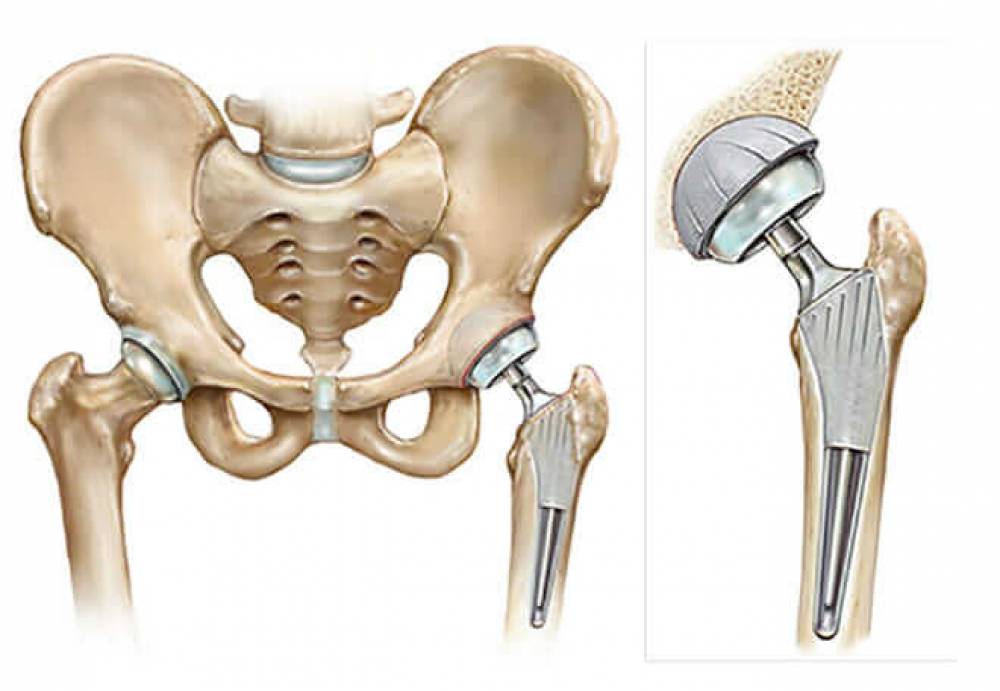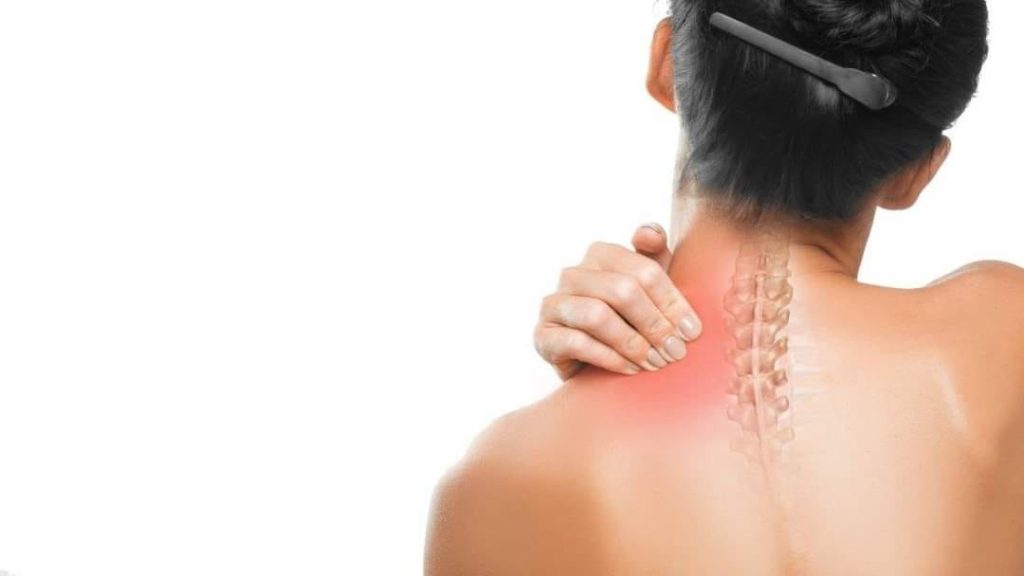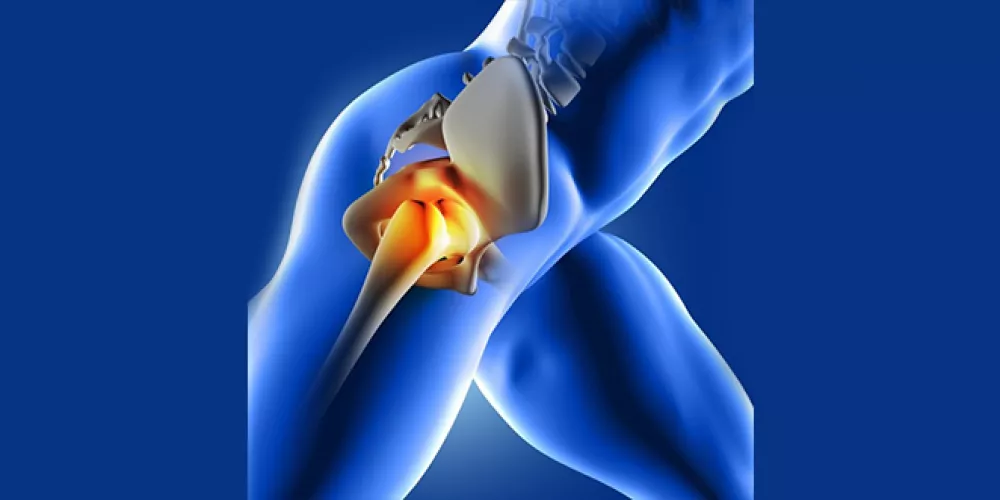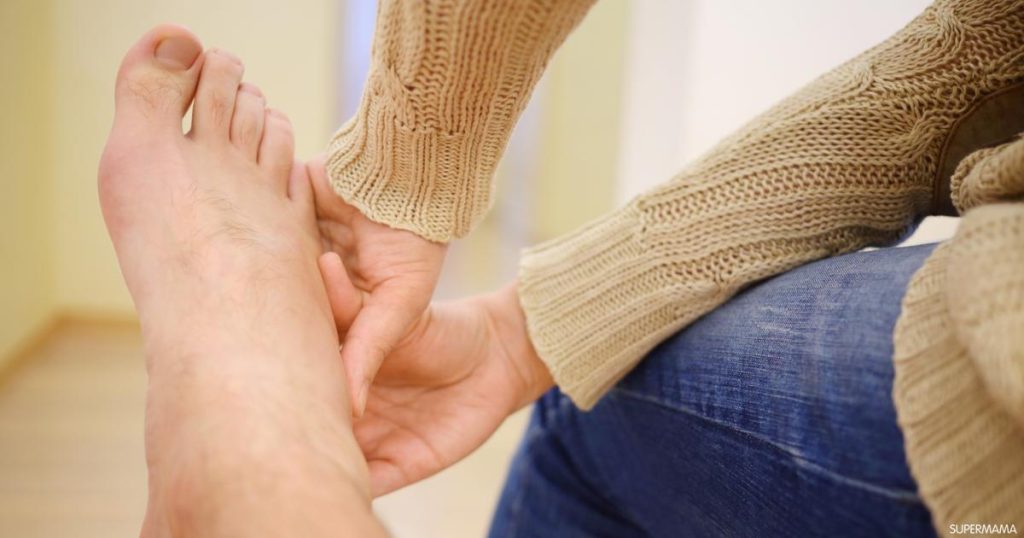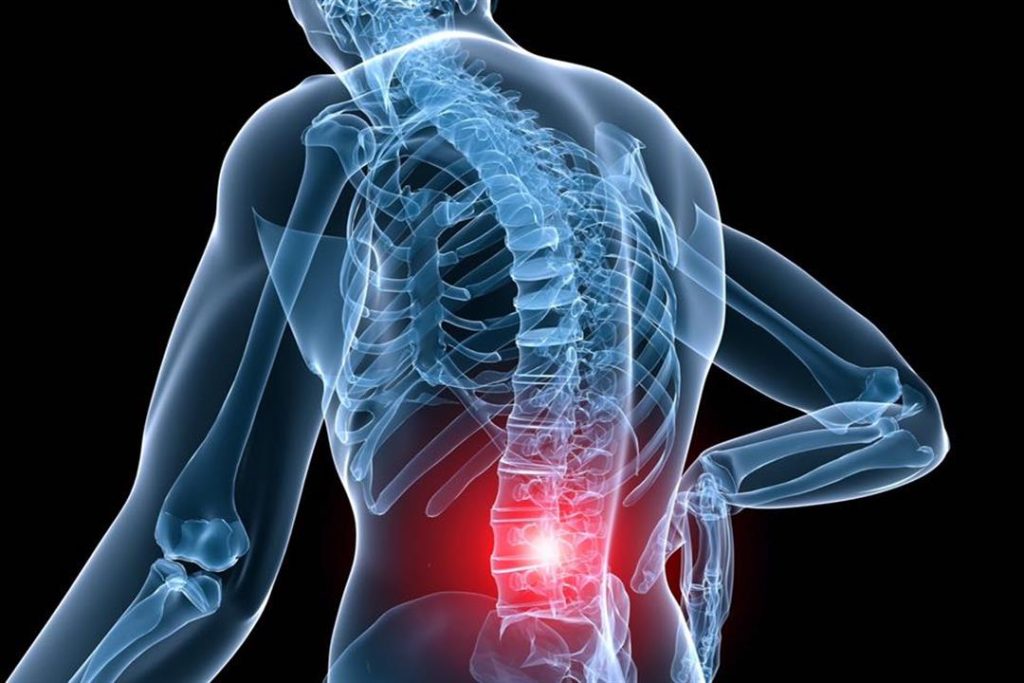Learn About the Causes of Lower Back Pain and What It Indicates Causes of Lower Back Pain
آخر تحديث :
Causes of Lower Back Pain
Pain in the lower back area is a common issue that affects many people of different ages. This pain can be temporary or chronic and may lead to a reduced ability to perform daily activities, negatively impacting the overall quality of life. Here are some common causes of lower back pain:
Muscle Strain: Muscle strain is the most common cause of lower back pain. It can occur as a result of lifting heavy weights incorrectly, performing exercises improperly, standing for long periods, or simply due to psychological stress and daily pressures.
Physical Injuries: Physical injuries such as falls or slips can cause lower back pain. These injuries can occur while playing sports or during simple daily activities like lifting heavy objects improperly.
Muscle Spasm: Muscle spasm occurs when a muscle in the lower back area contracts abnormally, causing sharp pain and difficulty in movement. This can result from sitting for long periods incorrectly or exposure to severe cold.
Arthritis: Arthritis in the spine is a common cause of lower back pain. This inflammation causes swelling in the joints, reduced mobility, and can persist for long periods if not diagnosed and treated properly.
Disc Herniation: Disc herniation occurs when a disc slips between the adjacent vertebrae, leading to pain and stiffness in the back area. This can be due to heavy lifting, joint inflammation, or excessive physical activity.
Structural Deformities: Structural deformities in the spinal column, such as vertebral misalignment or severe scoliosis, can cause lower back pain. There might be a structural disorder in the lower back, leading to extra pressure on the nerves and surrounding tissues.
If you are experiencing persistent lower back pain, it is best to consult a specialist doctor to diagnose your condition accurately and guide you towards the appropriate treatment. Treatment may include physical therapy, muscle strengthening, massage therapy, complementary medical treatment, and sometimes surgery in severe cases.
Does a Vitamin D Deficiency Cause Lower Back Pain?
Do you suffer from lower back pain? The cause behind it could be a vitamin D deficiency. Don’t worry, in this short list we will talk about how a vitamin D deficiency is linked to lower back pain and how you can deal with and prevent this issue.
The Role of Vitamin D in the Body: Vitamin D is considered an essential vitamin for the human body. It helps regulate calcium and phosphorus levels in the body, thereby contributing to bone and teeth health. Vitamin D also plays a crucial role in strengthening the immune system and supporting muscle functions.
Decreased Vitamin D Levels: A decrease in vitamin D levels in the body can occur due to several factors. These include limited exposure to sunlight, and insufficient dietary intake of foods rich in this vitamin such as fatty fish, eggs, and fortified milk.
Effect of Vitamin D Deficiency on Lower Back: Although there are multiple effects of a vitamin D deficiency in the body, lower back pain may be one of them. Some studies have found a link between a vitamin D deficiency, kidney stones formation, bone pain, joint pain, and muscle pain.
How to Deal with Lower Back Pain Resulting from a Vitamin D Deficiency: If you are suffering from lower back pain and suspect a vitamin D deficiency, you should take the following steps: Consult Your Doctor: The doctor may conduct a test to check the vitamin D levels in your blood to diagnose the condition and determine the appropriate treatment. Increase Sun Exposure: Spending more time under direct sunlight can increase the production of vitamin D in the body. Take Vitamin D Supplements: If you are unable to get an adequate amount of vitamin D from food and sunlight, doctors may suggest taking vitamin D supplements.
Prevention of Vitamin D Deficiency: To prevent a vitamin D deficiency and potential lower back pain, try the following steps: Maintain a Balanced Diet: Eat foods rich in vitamin D, such as fish, fatty fish, and milk fortified with this vitamin. Sun Exposure: Spending a short time under the sun, especially in the early morning or evening, can help increase the production of vitamin D in the body.
What does lower back pain indicate?
Muscular Pain: The pain in the lower back area might be a result of an overstrain on the muscles. This could occur due to lifting, carrying, or an incorrect body movement. Muscular pain can cause muscle strain, spasms, and temporary inflammations.
Nerve Disorder: Sometimes, lower back pain can indicate a problem with the nerves. This could be due to a herniated disc in the spinal column, or compression on the nerves near the back area. People suffering from conditions like disc disease, herniated disc, and stenosis may experience severe pain in the lower back.
Structural Integrity Issues: Lower back pain could result from problems with the structural integrity of the spinal column. This could include arthritis, fractures, or bone weaknesses. These issues can lead to chronic and persistent back pain.
Rheumatic Diseases: Lower back pain might be a result of rheumatic diseases such as rheumatoid arthritis, or psoriatic arthritis. These conditions cause strong inflammations in the joints and body tissues, leading to sharp pain in the lower back.
Pregnancy Pain: Pregnant women might experience pain in the lower back area due to increased weight and changes in body posture during pregnancy. The pain could be a result of ligament and muscle strain, and increased pressure on the nerves. Sometimes, the pain could also result from changes in the uterine tissue.
Infections and Inflammations: Lower back pain might indicate an inflammation in the area, such as arthritis, or inflammation of other adjacent organs like the kidneys or bladder. Infections can also cause back pain.
When is lower back pain serious?
Many people experience back pain at certain times in their lives, especially in the lower back area. This could be a result of muscle strain or sprain, and in most cases, the issue is not very serious. However, sometimes, there might be signs indicating that the back pain could be more serious and requires immediate medical attention. In this article, we will review five signs indicating that the back pain might be serious and requires immediate attention.
- Increasing and Persistent Back Pain: If you are experiencing back pain that gradually increases and becomes persistent without any improvement, this could be a sign of a serious problem such as a herniated disc or vascular obstruction. It is important to consult a doctor to evaluate the condition and follow the appropriate treatment.
- Muscle Weakness or Loss of Sensation: If you notice muscle weakness or loss of sensation in the legs or feet, this could be a sign of nerve compression or stenosis in the back. There is an urgent need for medical evaluation to determine the cause and direct the necessary treatment.
- Difficulty in Controlling Urination or Bowel Movements: If you experience difficulty in controlling urination or bowel movements, this could be a sign of a neurological disorder, such as spinal cord narrowing or rectal pressure. These symptoms should not be ignored and medical help should be sought immediately.
- Back Pain Accompanied by Fever and Swelling: If back pain is accompanied by high fever and swelling in the affected area, this could be a sign of a serious infection or inflammation in the spinal column. In such a case, a prompt visit to the doctor is necessary for diagnosis and treatment.
- Medical History with Immune Deficiency Disorders: If you suffer from immune system disorders, such as AIDS or lupus, back pain could be more serious for you and could be a sign of a problem related to immune deficiency. You should consult with a specialist doctor and consider your medical history when evaluating the problem.
What is the treatment for lower back pain in women?
If you suffer from lower back pain, you need to search for effective ways to relieve and treat it. Lower back pain is common among women and may be due to several different reasons such as muscle strain, sports injury, or even changes in the body’s hormones. Therefore, below we will provide you with some important therapeutic methods that may help you alleviate lower back pain:
- Physical Exercises: Light physical exercises are effective means to get rid of lower back pain. You can practice suitable exercises such as yoga, stretching exercises, and strength exercises to strengthen the muscles surrounding the back and improve flexibility in the joints.
- Physical Therapy: Physical therapy can be effective in treating lower back pain in women. Physical therapy includes using various techniques such as massage, applying heat or cold, and manual therapy exercises to improve muscle strength and flexibility.
- Avoid Lifting Heavy Objects: When you suffer from lower back pain, it is crucial to avoid lifting heavy objects. If you need to lift something heavy, try to use proper technique such as bending your knees and lifting the object with the legs’ strength rather than the back.
- Sitting and Sleeping Posture: Make sure that your sitting and sleeping posture supports the spine. Use cushions that support the back whether at work or when sitting for long periods. Also, it is preferable to sleep on a comfortable mattress that provides the necessary support for the spine during sleep.
- Medical Consultation: In case the pain persists or worsens, you should consult a specialist doctor. The doctor may evaluate the condition and rule out any other possible causes of the pain you are experiencing. The doctor may recommend other treatments such as taking painkillers, steroid injections, or refer you to specialized physical therapy.
Does Vitamin B12 Deficiency Cause Back Pain?
Vitamin B12 deficiency could be one of the simple reasons causing back pain. Vitamin B12 is essential for the human body, as it plays a significant role in nerve health and the functioning of the nervous system. Consuming an adequate amount of Vitamin B12 is important for maintaining back health and the spine. When there is a deficiency in this vitamin, some health issues such as numbness in extremities, weak muscles, memory loss, and lack of concentration might appear.
Regarding back pain, Vitamin B12 deficiency could be the cause behind some pain cases. Some studies suggest that Vitamin B12 deficiency can lead to nerve inflammation and damage, causing pain in muscles, extremities, and the back.
It is crucial not to neglect any symptoms that might indicate a Vitamin B12 deficiency, especially if they include back pain. If you are suffering from persistent pain in this area, it is advisable to consult a doctor to evaluate your body’s Vitamin B12 level and determine the appropriate treatment. It is worth mentioning that there are other factors that may cause back pain, such as stress, muscle tension, and minor injuries. Therefore, it is preferred to consult a specialist to identify the real cause of the pain and devise a suitable treatment plan for your condition.
What Are the Symptoms of Calcium Deficiency in Women?
Calcium is a vital mineral for overall body health, especially for the health of bones and teeth. Although calcium plays a significant role in the body, its deficiency in women can lead to a range of troublesome symptoms.
One of the main symptoms associated with calcium deficiency in women is weak bones and the risk of diseases such as osteoporosis. Calcium is a fundamental element in building and strengthening bones. When there is a deficiency in this mineral, bones become brittle and expose the person to the risk of fractures and tears.
Other symptoms related to calcium deficiency in women include muscle cramps and numbness in extremities. People suffering from calcium deficiency might experience frequent muscle cramps, which can be painful and affect body movement and the ability to perform daily activities. Additionally, individuals might experience numbness in extremities, particularly in the hands and feet, affecting sensitivity and the ability to complete daily tasks.
Moreover, calcium deficiency in women can impact mental and psychological health. Women with calcium deficiency might suffer from mood disorders, anxiety, and depression. Calcium deficiency is also linked to an increased risk of sleep problems such as insomnia, which can amplify stress and impact overall health.
To avoid calcium deficiency and maintain bone and overall body health, it is recommended to consume calcium-rich sources such as dairy products, yogurt, tofu, sardines, and almonds. Additionally, regular physical exercise and maintaining a balanced healthy lifestyle are advised.
Symptoms of calcium deficiency in women can vary and differ from one person to another. Therefore, it is important to consult a doctor if any symptoms indicating a calcium deficiency appear. The doctor can conduct the necessary tests and prescribe suitable treatments to enhance calcium levels in the body and maintain the overall health of the woman.
What are the symptoms of Vitamin D deficiency in women?
If you are suffering from a Vitamin D deficiency, you might experience some symptoms related to this deficiency. Vitamin D is essential for the body’s health, as it plays a significant role in maintaining hormonal balance, bone health, and the calcium absorption process.
Women are one of the groups most susceptible to Vitamin D deficiency due to several potential reasons such as aging, the use of high-SPF cosmetic products, and wearing full, long clothing. A deficiency in this vitamin can lead to several symptoms, including:
Bone weakness and an increased risk of fractures: Vitamin D enhances the absorption of calcium and phosphorus in the body, providing strength and rigidity to the bones. If you suffer from a Vitamin D deficiency, this can lead to bone weakness and an increased risk of fractures. Fatigue and general weakness: A Vitamin D deficiency can affect the body’s overall energy levels. If you are experiencing constant fatigue and weakness, it might be due to a lack of Vitamin D. Low mood and depression: Several studies have indicated a link between Vitamin D deficiency and depression. Women suffering from a lack of Vitamin D might experience low mood and depression. Weakened immune system: Vitamin D plays a crucial role in supporting the immune system. If you have a Vitamin D deficiency, your immune system might be weakened, increasing the risk of infections and diseases. Growth issues: Women suffering from a Vitamin D deficiency might face growth problems, especially during childhood. This deficiency can affect bone growth and contribute to bone deformities.
To maintain good health, it is important to ensure that you get an adequate amount of Vitamin D. This vitamin can be obtained from various sources such as foods rich in Vitamin D like fatty fish and fortified dairy products, as well as appropriate exposure to natural sunlight.
What are the symptoms of Calcium and Vitamin D deficiency?
If you have a deficiency in Calcium and Vitamin D levels in your body, you might suffer from some chronic and undesirable symptoms. Calcium and Vitamin D are crucial for the health of bones, teeth, and muscles. If you are deficient in these nutrients, you might notice some changes in your body.
The common symptoms of Calcium and Vitamin D deficiency include:
Bone weakness and fragility: Calcium and Vitamin D are essential for strengthening the bones and maintaining their density. If the levels of Calcium and Vitamin D are low in the body, it can lead to bone weakness and an increased risk of fragility. Bone and muscle pain: You might experience general pain in your bones and muscles if you have a deficiency in Calcium and Vitamin D, as this deficiency affects normal functioning and makes physical exertion more challenging. Easily feeling fatigued: A deficiency in Calcium and Vitamin D can affect the body’s energy levels, making you feel easily fatigued. If you are experiencing constant exhaustion, it might be a result of a deficiency in these two crucial nutrients. Lack of concentration and depression: A deficiency in Calcium and Vitamin D can affect the thinking process and concentration. This deficiency can also lead to feelings of depression and anxiety. Heart diseases and high blood pressure: Some research suggests that a deficiency in Calcium and Vitamin D might increase the risk of heart diseases and high blood pressure. It is important to maintain normal levels of Calcium and Vitamin D to prevent these health issues.
What is the vitamin deficiency that causes muscle pain?
If you suffer from chronic muscle pain, you may have a vitamin deficiency. Vitamin deficiency that causes muscle pain is a common problem that affects many people. There are several vitamins that can be associated with this problem, but it is generally believed that the main vitamins responsible for muscle pain are vitamin D and vitamin B12.
Vitamin D works in your body to enhance the absorption of calcium and phosphorus from the digestive system. It is important for the formation and strengthening of bones and muscles. You can get this vitamin naturally from exposure to sunlight, or by eating foods that contain vitamin D, such as fatty fish and fortified milk. If you live in an area without sufficient sunlight, or have a deficiency in your diet, you may suffer from a vitamin D deficiency and therefore be prone to muscle pain.
As for vitamin B12, it is responsible for the production of red blood cells and nerve health. This vitamin is naturally found in meat, poultry, fish, and dairy products. If you follow a vegetarian diet or suffer from digestive problems that prevent you from absorbing vitamin B12 adequately, you may experience a deficiency in this essential vitamin and suffer from muscle pain.
If you suspect that you have a deficiency in vitamin D or B12, it is important to seek medical advice. A healthcare professional can conduct tests to measure the levels of vitamins in your blood and guide you to the correct treatment. The treatment is likely to include taking vitamin supplements, regular exposure to sunlight, and changing your diet to include food sources rich in vitamins.
In conclusion, vitamin deficiency that causes muscle pain is a problem that should be addressed according to the guidance of specialized doctors. You should seek the correct diagnosis and appropriate treatment to treat muscle pain associated with vitamin deficiency. Do not hesitate to seek medical help if you have any health problems that may be related to this condition.
Endoscopic Back Cartilage Surgery
If you are suffering from chronic and recurrent back pain, you might need to undergo endoscopic back cartilage surgery. One of the distinguished doctors in this field is Dr. Amr Amal, who is an expert in endoscopic back cartilage surgery and has extensive experience in this area.
Endoscopic back cartilage surgery is a modern and effective surgical procedure for treating pain and problems resulting from disc (cartilage) pressure on the nerves in the spinal column. This operation is skillfully carried out by surgeons using advanced technology.
Dr. Amr Amal performs endoscopic back cartilage surgery, drawing on his vast experience and focus on the latest techniques and developments in this field. He uses a surgical endoscope and specially designed tools to execute the operation with precision and effectiveness.
Dr. Amr Amal proudly provides specialized and personalized care for patients suffering from back problems. He maintains high standards in diagnosing and treating back disorders, addressing each case with utmost care and personal attention. Dr. Amr Amal offers comprehensive and customized surgical care to meet the needs of each patient.
Endoscopic back cartilage surgery is an innovative and safe technique for effectively treating back problems in a short time. The use of a surgical endoscope provides a clear and comprehensive view of the targeted area, allowing Dr. Amr Amal to perform the necessary disc repairs precisely and without the need for traditional open surgery.
In conclusion, if you are suffering from back issues and looking for a safe and effective solution, it is recommended to visit Dr. Amr Amal and benefit from his expertise and specialization in endoscopic back cartilage surgery. Dr. Amr Amal ensures the provision of exceptional medical and modern surgical care to help you overcome back pain and restore your health and vitality.

